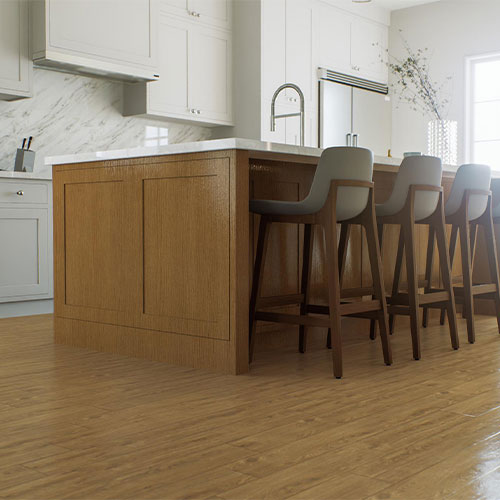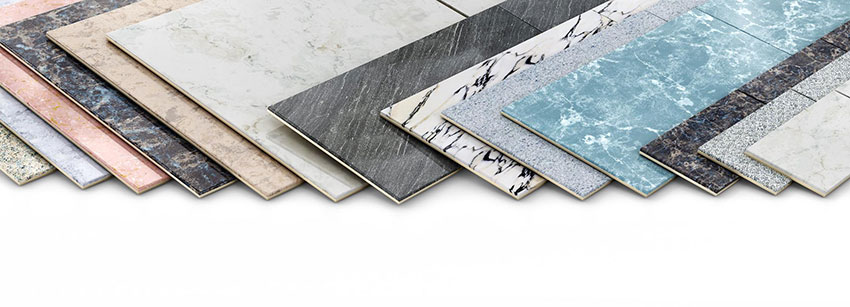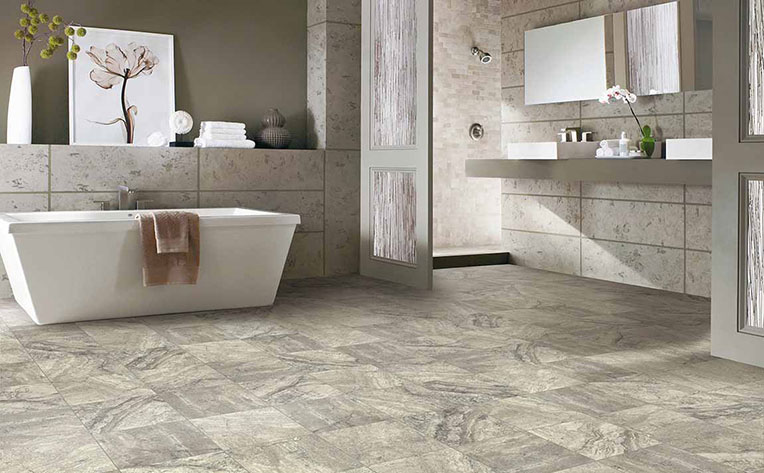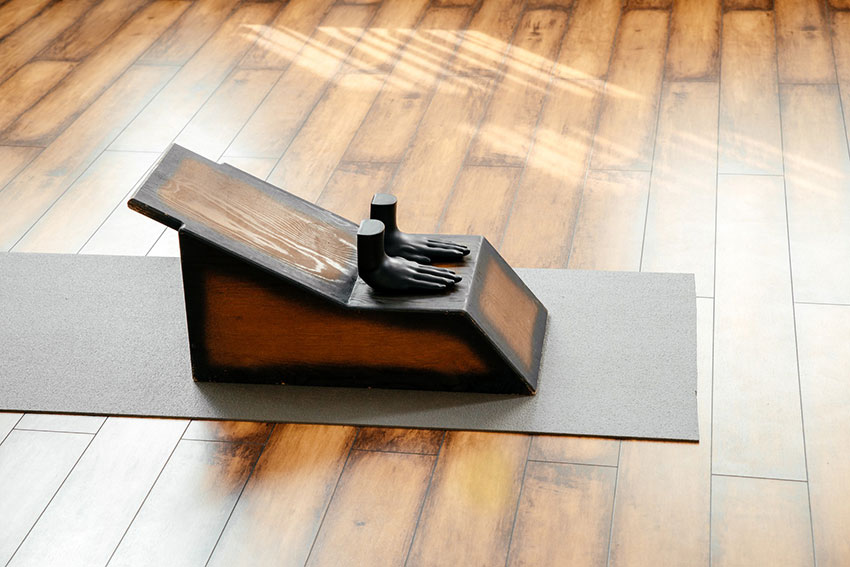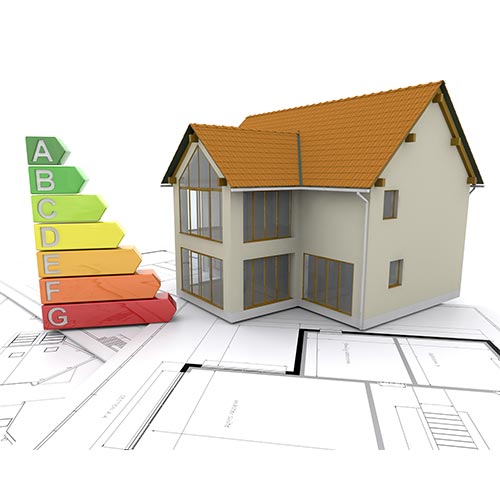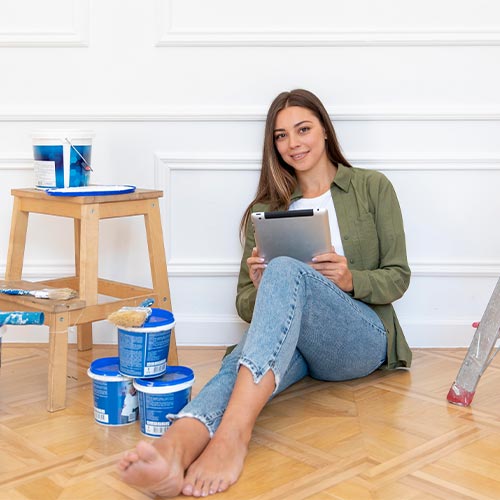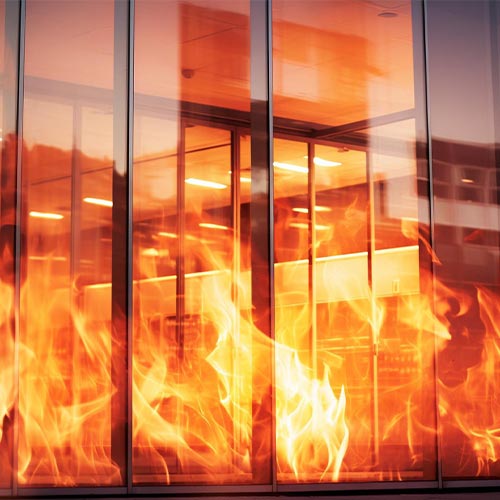What is the Most Durable Kitchen Flooring?
Choosing the right flooring for your kitchen can be a daunting task. Kitchens are high-traffic areas that endure constant spills, heavy footfall, and occasional impacts from falling objects. Therefore, when asking, “What is the most durable kitchen flooring?” you are essentially seeking a balance between practicality, style, and longevity. In this guide, we will explore the best options for durable kitchen flooring, discuss their advantages and disadvantages, and provide tips to help you make an informed decision.
Why Durability Matters in Kitchen Flooring
When renovating or building a kitchen, flooring plays a crucial role in determining the space’s overall functionality and aesthetics. The question “What is the most durable kitchen flooring?” often comes up because the kitchen is a hub of activity. Flooring in this area must withstand:
- Heavy traffic: Kitchens are often the most visited part of any home.
- Spills and stains: Cooking and cleaning can result in frequent water or oil spills.
- Impact resistance: Dropped utensils, pots, or pans can cause damage.
- Ease of maintenance: The best kitchen flooring should be easy to clean and maintain.
Among the myriad of choices, it is essential to select a material that aligns with your lifestyle, design preferences, and budget. Let’s dive into the best options available, keeping durability as the top priority.
Transform Your Space with BUILPIRE – Book Your Consultation Today!
Top Durable Kitchen Flooring Options
1. Ceramic Tile
Ceramic tile is often the top contender when considering “What is the most durable kitchen flooring?” This material is renowned for its toughness, water resistance, and versatility.
- Pros:
- Highly resistant to scratches, stains, and water.
- Available in a variety of colors, patterns, and finishes.
- Easy to clean with regular sweeping and mopping.
- Cons:
- Hard underfoot, which may lead to discomfort during prolonged standing.
- Can crack if heavy objects are dropped.
2. Porcelain Tile
Porcelain tiles are a subtype of ceramic tiles, but they offer enhanced durability and water resistance. These tiles are often used in kitchens because they combine aesthetics with practicality.
- Pros:
- Denser and more durable than standard ceramic tiles.
- Superior resistance to moisture and spills.
- Comes in designs mimicking wood, stone, or concrete.
- Cons:
- Can be slippery when wet, though textured options are available.
- Requires professional installation.
3. Luxury Vinyl Flooring (LVF)
Luxury vinyl flooring has gained immense popularity due to its ability to mimic natural materials like wood and stone while offering exceptional durability.
- Pros:
- Water-resistant and suitable for spill-prone areas.
- Cushioned underfoot, reducing strain during long cooking sessions.
- Easy to install, even for DIY enthusiasts.
- Cons:
- May fade with prolonged UV exposure.
- Lower lifespan compared to tiles or hardwood.
4. Natural Stone Flooring
Natural stone flooring, including granite, slate, and travertine, is an excellent choice for those seeking a luxurious and durable kitchen surface.
- Pros:
- Unique and elegant appearance.
- High durability and resistance to wear and tear.
- Adds significant value to a home.
- Cons:
- Expensive and requires sealing to prevent stains.
- Can be cold and hard underfoot.
5. Engineered Hardwood
Engineered hardwood combines the beauty of natural wood with improved durability, making it a viable option for kitchens.
- Pros:
- Resistant to temperature and humidity changes.
- Offers a warm and inviting aesthetic.
- Can be refinished to maintain appearance.
- Cons:
- Not entirely water-resistant.
- Susceptible to scratches and dents.
Factors to Consider When Choosing Durable Kitchen Flooring
When narrowing down your options, consider the following factors:
- Lifestyle: Families with kids and pets may need flooring that withstands scratches and spills.
- Budget: While some options, like natural stone, offer superior durability, they come with a higher price tag.
- Aesthetic Appeal: Ensure the flooring complements your kitchen’s overall design.
- Ease of Maintenance: Select materials that are easy to clean and maintain over time.
The Hidden Costs of Choosing the Wrong Flooring
When you invest in kitchen flooring, it’s essential to look beyond the upfront cost. Opting for low-quality materials might save you money initially, but the hidden costs of frequent repairs, replacements, or maintenance can add up over time. Here are some potential pitfalls:
- Short Lifespan: Low-quality materials may wear out quickly, requiring early replacement.
- Water Damage: Improperly sealed or low-durability floors are prone to water damage.
- Increased Maintenance Costs: Some materials demand more frequent upkeep, leading to higher maintenance expenses.
By selecting durable materials like porcelain, luxury vinyl, or natural stone, you can minimize these hidden costs and enjoy long-term savings. At Builpire, we help clients choose the best materials to ensure value for their investment.
Conclusion: Finding the Perfect Flooring
So, “What is the most durable kitchen flooring?” The answer depends on your specific needs and preferences. Ceramic and porcelain tiles are excellent choices for their water resistance and strength, while luxury vinyl offers comfort and affordability. For a touch of elegance, natural stone or engineered hardwood may be the way to go.
At Builpire, we specialize in helping homeowners make the best decisions for their kitchens. Whether you’re renovating or designing from scratch, our experts provide tailored solutions to ensure your kitchen flooring meets both your aesthetic and functional requirements. Contact us today to learn more about our services.
For more ideas and guidance, follow us on Instagram.
FAQs About Kitchen Flooring
1. What is the easiest kitchen flooring to maintain?
Luxury vinyl flooring is one of the easiest to maintain. It is water-resistant, stain-resistant, and only requires regular sweeping and occasional mopping to keep it looking new. Its smooth surface prevents dirt buildup, making it a hassle-free option for busy households.
2. Can hardwood be used in the kitchen?
Yes, engineered hardwood is a great option for kitchens. It is more resistant to moisture and temperature fluctuations compared to solid hardwood. However, spills should be cleaned immediately to prevent water damage.
3. Are ceramic tiles slippery?
Ceramic tiles can be slippery when wet, but textured or matte-finish tiles are available to reduce this risk. Adding rugs or mats in high-traffic areas can also enhance safety.
4. How long does kitchen flooring last?
The lifespan of kitchen flooring depends on the material. Ceramic and porcelain tiles can last 20–50 years with proper care. Luxury vinyl typically lasts 10–20 years, while natural stone and engineered hardwood can last decades with maintenance.
5. What is the most cost-effective durable flooring?
Luxury vinyl flooring offers the best balance of cost and durability. It is affordable, easy to install, and mimics high-end materials, making it an excellent choice for budget-conscious homeowners.
6. What is the best flooring for open-plan kitchens?
In open-plan kitchens, continuity is key. Luxury vinyl and porcelain tiles are excellent choices as they provide a seamless look while being durable enough to handle both kitchen and living area traffic. Textured finishes can add visual interest while offering slip resistance.
7. How do I choose the right color for my kitchen flooring?
When selecting a color, consider the size and lighting of your kitchen. Light-colored flooring can make a small space appear larger, while darker tones add warmth and elegance. Neutral shades like gray or beige are versatile and complement various kitchen styles.

